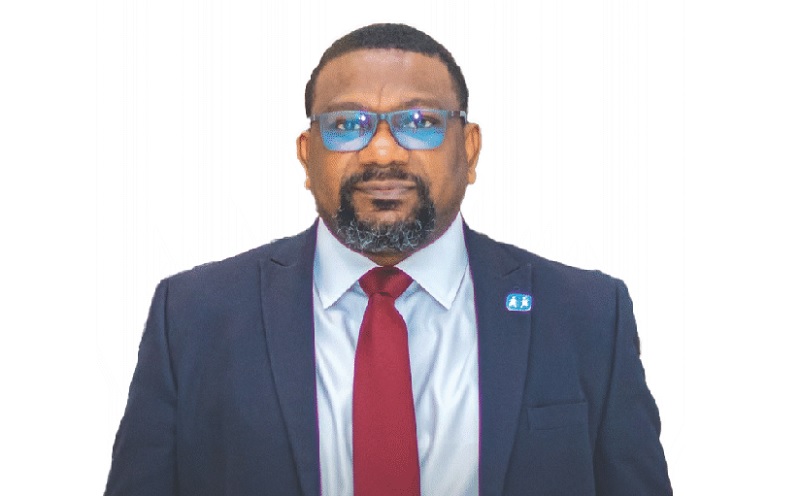Mali’s central Ségou region has extended a nighttime curfew by another 30 days, effective from September 3 to October 2, between midnight and 5 am. The curfew was initially imposed in June, following a surge in violence in the area, and has been extended in response to continued security threats.
The latest extension comes after armed men killed the mayor of the rural town of Dogofry on Saturday, with local sources attributing the murder to traditional Dozo hunters. Additionally, jihadists from the Islamist Jama’at Nusrat al-Islam wal-Muslimin (JNIM) organisation attacked a military camp in the town of Farabougou on August 19, forcing civilians to flee and the army to abandon their positions. JNIM claims to have killed 21 soldiers and several civilians, although no official death toll has been released. The group has retained control over Farabougou since the attack.
These incidents illustrate the ongoing security challenges facing Mali and the Sahel region. According to the United Nations refugee agency, the Ségou region has recorded 323 security incidents in the first six months of 2025, resulting in 736 civilian victims. The Kayes and Sikasso regions in southern Mali have also established curfews in the last three months, amid lasting insecurity.
The security situation in Mali has been precarious for several years, with various armed groups, including JNIM, operating in the country. The Malian government has been working to restore stability and security, but the ongoing violence and instability pose significant challenges. The extended curfew in the Ségou region is a response to these challenges, aimed at reducing the risk of further attacks and protecting civilians.
The situation in Mali is part of a broader security crisis in the Sahel region, which has seen a significant increase in violent attacks and instability in recent years. The international community has been working to support regional efforts to address these challenges, including through the provision of military assistance and support for humanitarian efforts. As the security situation in Mali and the Sahel region continues to evolve, it is likely that further measures will be taken to address the ongoing threats and instability.



